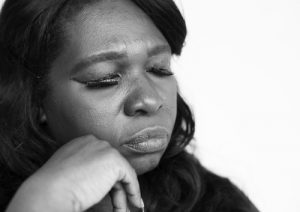Many times individuals do not take the time to grieve or allow themselves to grieve. They hide it or ignore it as weakness. Others wish not to burden others with their troubles. Still others feel maybe their grief is not worth acknowledgement.

On the contrary it is important to address loss and even mourn things of smaller value. While different reactions correlate with greater bonds, smaller things can still be upsetting and it is important to validate those losses.
The article, “The Importance Of Mourning Losses (Even When They Seem Small)” by Kavitha Cardoza and Claire Marie Schneider review the importance of mourning. They state,
“When someone close to you dies — maybe a parent, a spouse or a sibling — it’s a big loss. Those around you might acknowledge that loss by showing up with food, checking in or maybe sending a card. But what about when a neighbor dies? Or that long-awaited family reunion is cancelled? There’s a chance others might not acknowledge or recognize it as a loss — and you may even feel guilty for even feeling this way.”
To read the entire article, please click here
Please also review AIHCP’s Grief Counseling Certification and see if it matches your academic and professional goals. The program is online and independent study and open to qualified professionals seeking a four year certification in Grief Counseling.









